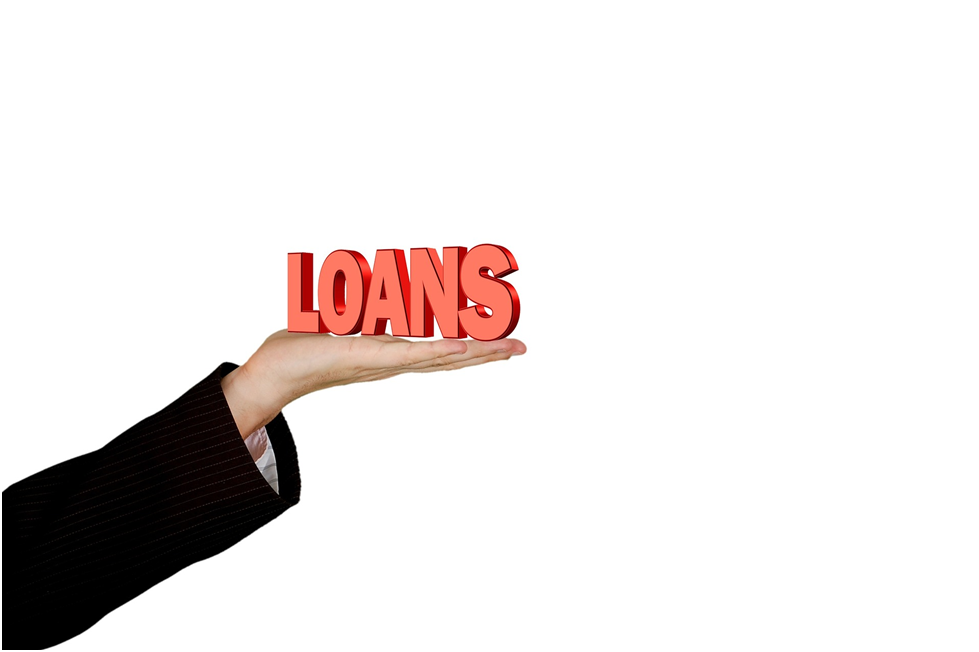From time to time, almost every person considers taking out a loan for one reason or another. The loan process can be confusing and difficult for those unfamiliar with how it works. From deciding on a type of loan to choosing a provider, a lot of planning is necessary to ensure the right loan is chosen to meet the needs of the borrower.
Table of Contents
Type of Loan
The first thing that must be determined is the type of loan needed. This process begins with deciding exactly what the loan will be used for. Different uses require specific types of loans. For example, choosing the right loan for a home purchase would be selecting one of many types of mortgages available.
Very often, the type of loan chosen has strict requirements for how the money is spent. A car loan must be used for the purchase of a vehicle, a home improvement loan must be used for specific home improvements, etc. For purchases or expenses that are less defined, other types of loans may be necessary.
Personal loans can be used for more general purchases and expenses. Business loans are similar but must be used for operating the business. Even loans that are more general in their requirements, however, may still have specific parameters as to where the money can be spent.
Interest Rates
Once the type of loan is determined, the next step is to look into what lending institutions have the lowest interest rates. Interest rates are the percentage that the lender charges during a specified period for borrowing money. The interest rate is often rolled into the loan payments.
Since many lenders are competing for business from borrowers, they may offer lower interest rates to attract customers. By shopping around, borrowers may be able to find a loan with a much lower interest. This will help reduce the overall cost of the loan.
Down Payment and Loan Terms
The down payment is also important when finding the right loan. Some lenders require a certain percentage of the purchase price as a down payment. Some loans do not require a down payment at all. However, a good down payment will reduce the amount borrowed and will ultimately reduce the total interest paid.
The loan term is also important when finding the right loan. The loan term is the length of the loan and how much is to be paid throughout the term of the loan. Shorter loan terms require higher monthly payments but will typically cost less in interest and allow borrowers to pay off the loan quicker.
It is always a good idea to pay off a loan as soon as possible. Paying off a loan early reduces interest costs. However, some loans may charge additional fees if the loan is paid off early. This makes it important to discuss these things with the lender before taking out the loan.
Credit Score and Financial Situation
Another major factor in finding the right loan is the borrower’s creditworthiness. Before a lender approves a loan, they want to know that the borrower is likely to repay the loan. Those considered less likely to pay back a loan may not be approved for the loan or face higher interest rates for a loan.
Creditworthiness is often calculated by a variety of methods and may vary between lenders. However, most lenders look at the person’s credit rating and current financial situation. This helps banks determine if the borrower is able to repay the loan and how likely they are to do so.
The credit score is determined by calculating information on a person’s credit reports. It examines past credit usage and how promptly the related payments were made. A person’s financial situation is also determined by the borrower’s current income and expenses.
Knowing these things about the various aspect of a loan and the process will help potential borrowers know what to look for when seeking a lender. A little research about the various lenders and their own financial situations can make the process a lot easier and more successful.




